There is a focus throughout the LUWP on the research and development sector, including low-carbon industry, signalling the Government’s intention to address climate change through innovation in businesses. This will partly be through nine new Institutes of Technology across England, fostering collaboration between colleges, universities and employers. Solent University is identified as the lead organisation to take on this role for the region.
Further west, the Bournemouth, Christchurch and Poole area is set to benefit from a portion of levelling up funding, albeit largely through previously announced schemes such as the £22 million of the Towns Fund which will be directed to Bournemouth for the regeneration of Boscombe town centre. New hospitals are already progressing in Poole and Bournemouth and the reorganisation of healthcare across Dorset, including investment in the Dorset Growth Hub, is intended to spread opportunity through improving public services.
LUWP AND LOCAL AUTHORITIES
Local authorities in the Solent and Dorset areas are not identified for further reorganisation (whereas others may become Mayoral Combined Authorities or be subject to County Deals) and the Partnership for South Hampshire (PfSH) is not set to be updated under the LUWP proposals. Dorset and BCP Councils became unitary authorities in 2019 and are separately progressing local reorganisation and the production of Local Plans for their authority areas.
However, under the plans set out in the LUWP, any part of England which wants one will have a devolution deal with associated powers, meaning the opportunity remains that the current authorities of the Solent region could combine into a Mayoral Combined Authority (MCA) in the future. At the least, we could see a refresh of cooperative plan-making and the creation of further partnerships between local government and business.
CORE MESSAGES OF LEVELLING UP
In the Government consultation on Changes to the Planning System in 2020 a revised Standard Methodology was proposed, which included the 20 largest English cities delivering around a 35 per cent uplift in housing numbers. Southampton was identified as one of these cities, although the Spacial Position Statement for PfSH has not been updated to reflect these needs.
The continued emphasis on a brownfield first approach is a core message throughout the LUWP, and measures intended to increase affordable home ownership and the location of jobs/housing, employment growth generally, targeted improvements in public transport and fostering ‘pride in place’ (all associated with the building beautiful agenda set in 2021) reflect the existing aspirations of Local Plan consultations across the region.
However, issues such as nitrate neutrality continue to top the development agenda in the Solent region, and it is important that levelling up initiatives reflect the strategic solutions required in such instances. A continued need for investment in skills and local government resourcing to quickly adapt to the revised governance structures and allocation of funding, will be required.
THE SOLENT: AN ENGINE FOR REGIONAL GROWTH
It is clear housing, employment and regeneration opportunities will be the most supported in the 20 locations, and tailored to meet the relevant sectoral strengths. This means the Solent area could become an engine for regional growth, building on existing maritime and innovation opportunities.
The LUWP emphasises linking employment growth and new houses, indicating growth in the specialist sectors of the Solent will go hand-in-hand with additional homes to support this growth, targeted towards brownfield sites.
Funding through the Levelling Up Home Building Fund, alongside existing initiatives such as the Towns Fund, is intended to accelerate delivery of housing and regeneration projects focused around key sectors and we could expect local authorities to develop partnerships to encourage this delivery and business growth, as has been happening in Portsmouth.
THE CONTINUED IMPORTANCE OF BUILDING BEAUTIFUL
From a planning perspective, reforms suggested in the Planning White Paper are reflected in the Levelling Up agenda, with suggested simpler and shorter Local Plans and increased compulsory purchase powers to facilitate regeneration areas.
The importance of building beautiful is reiterated alongside digitising the planning system. Positively focused strategic regeneration is encouraged, although this needs to be coordinated across the region. Any reorganisation has attendant time costs associated with it, and it may be that the Solent area is able to provide faster, simpler Local Plans as the LUWP envisages if governance continues in its current form, embraced by PfSH.
This will be dependent on adequate resourcing and funding beyond regeneration measures set out in the LUWP.
The LUWP’s focus on key locations and sectors should not mean that the potential for growth elsewhere is overlooked. All local geographies and industries will need to be explored and their interrelationships strengthened at a strategic level to create the uplift in the Solent that the LUWP proposes.
Further information
Contact Alison Broderick or Gavin Hall
Savills Planning

.jpg)
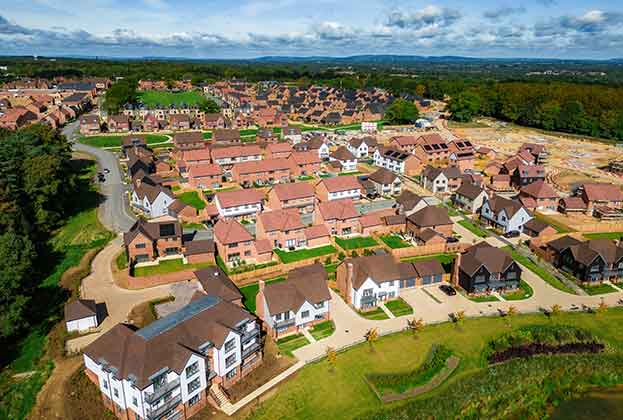
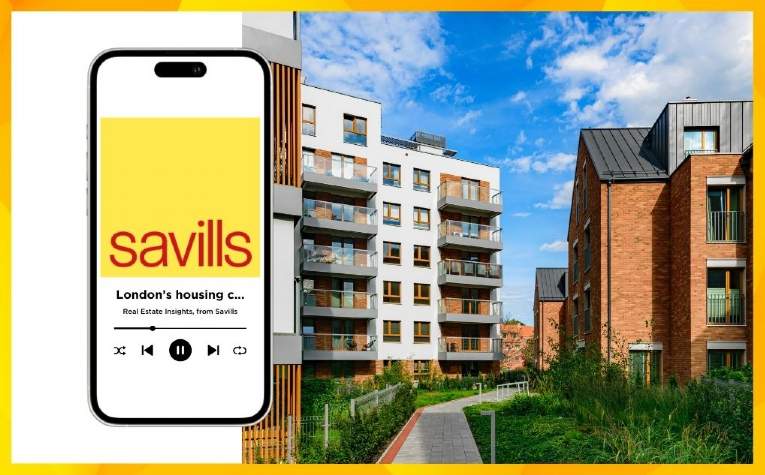

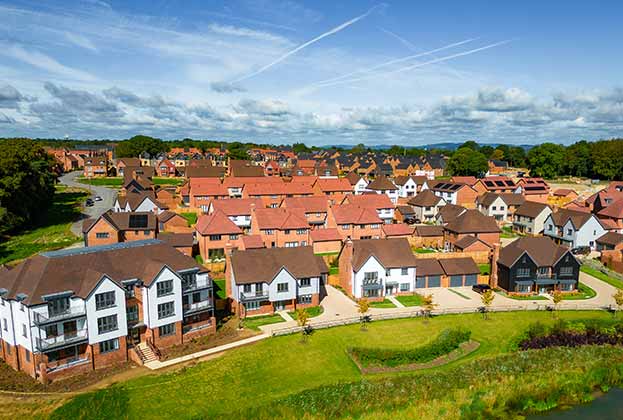


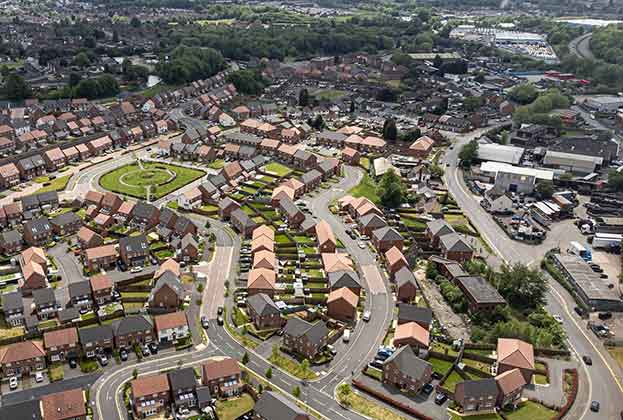

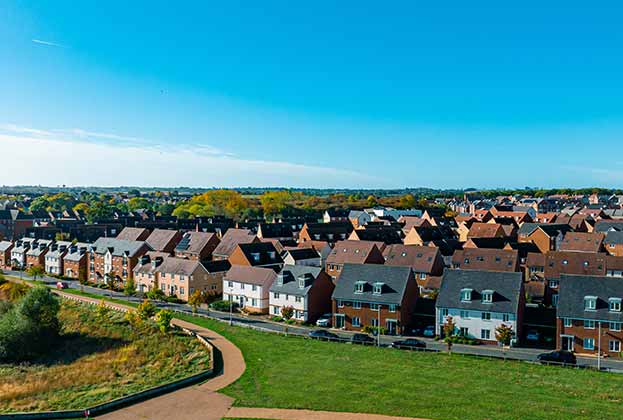
.jpg)